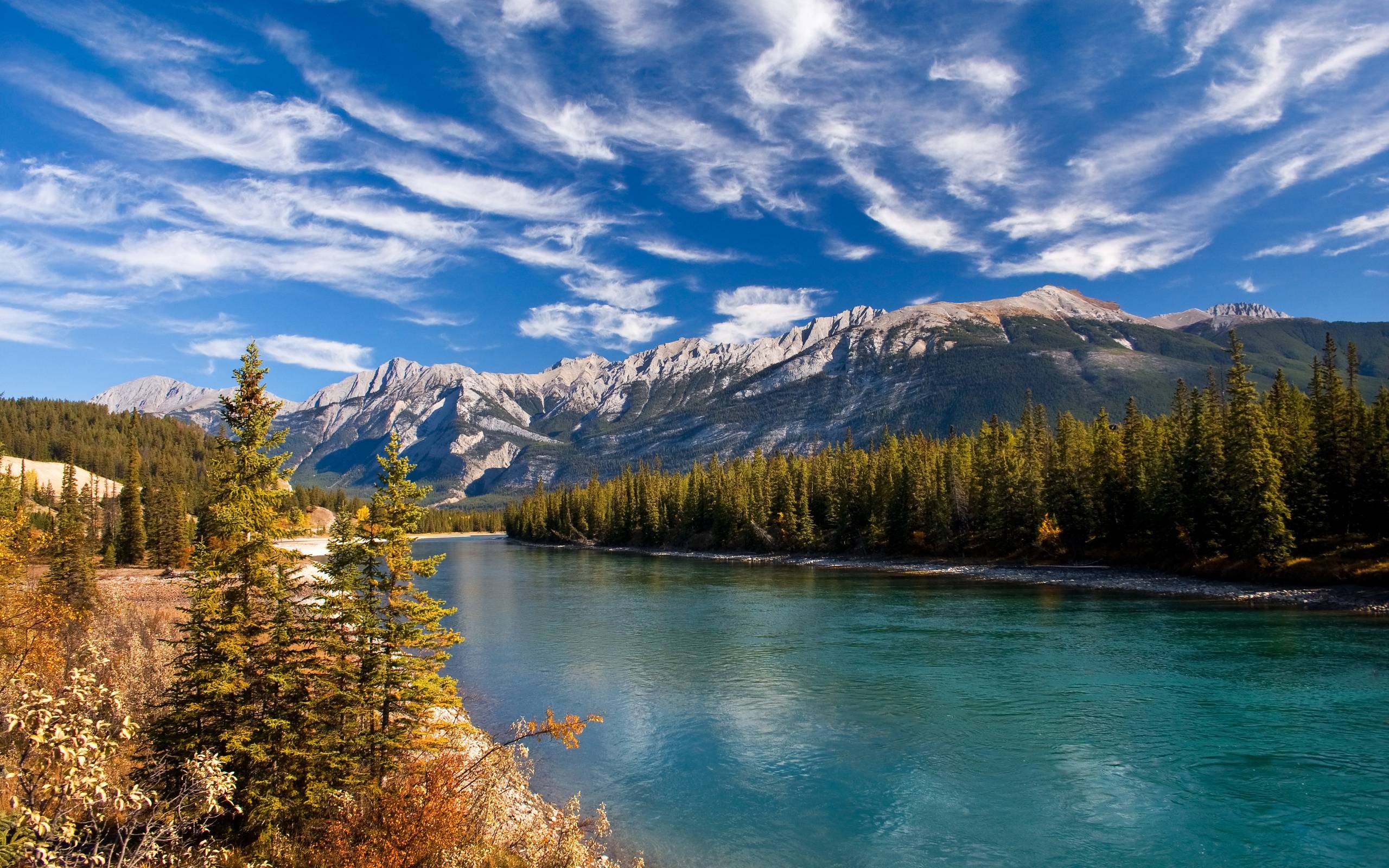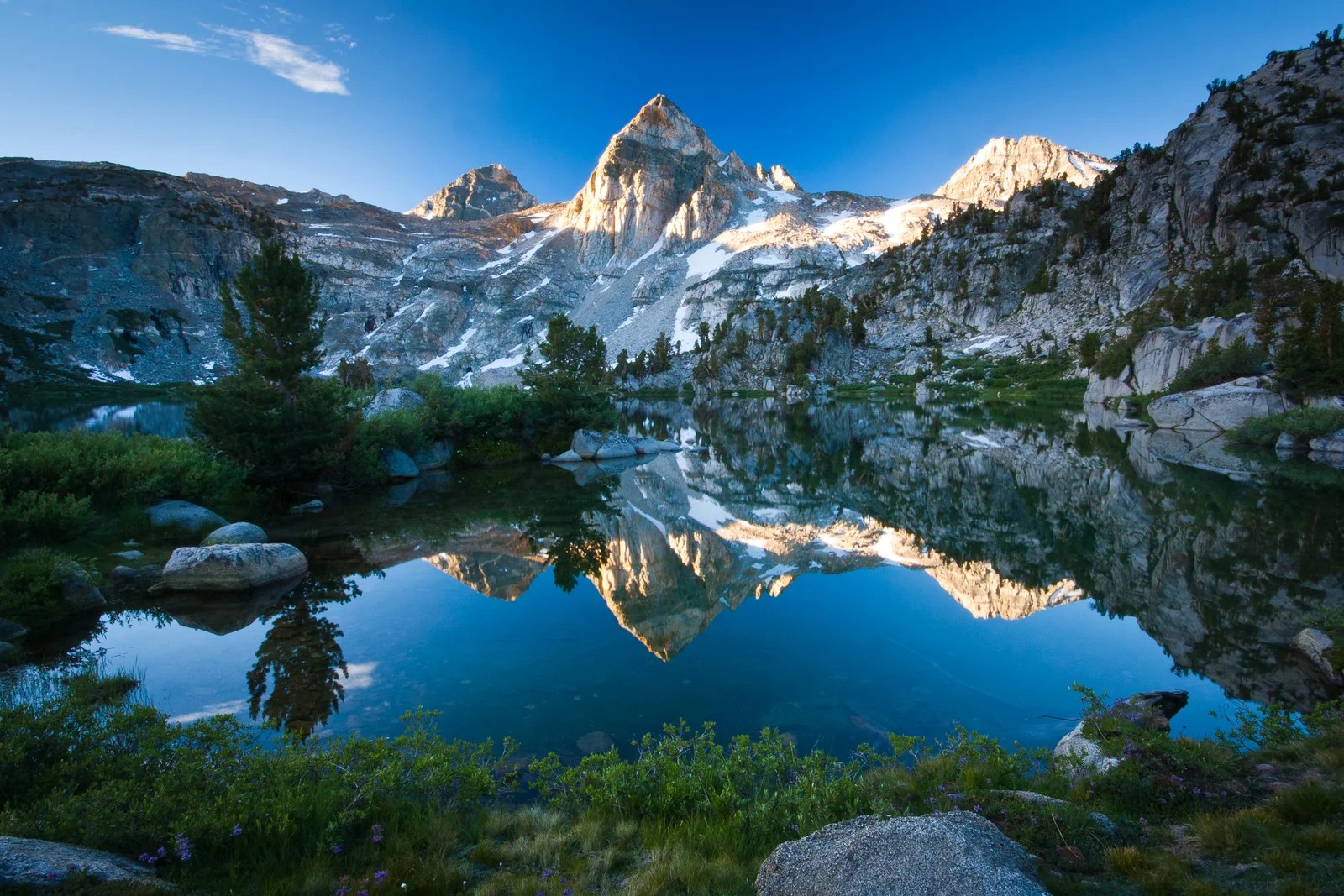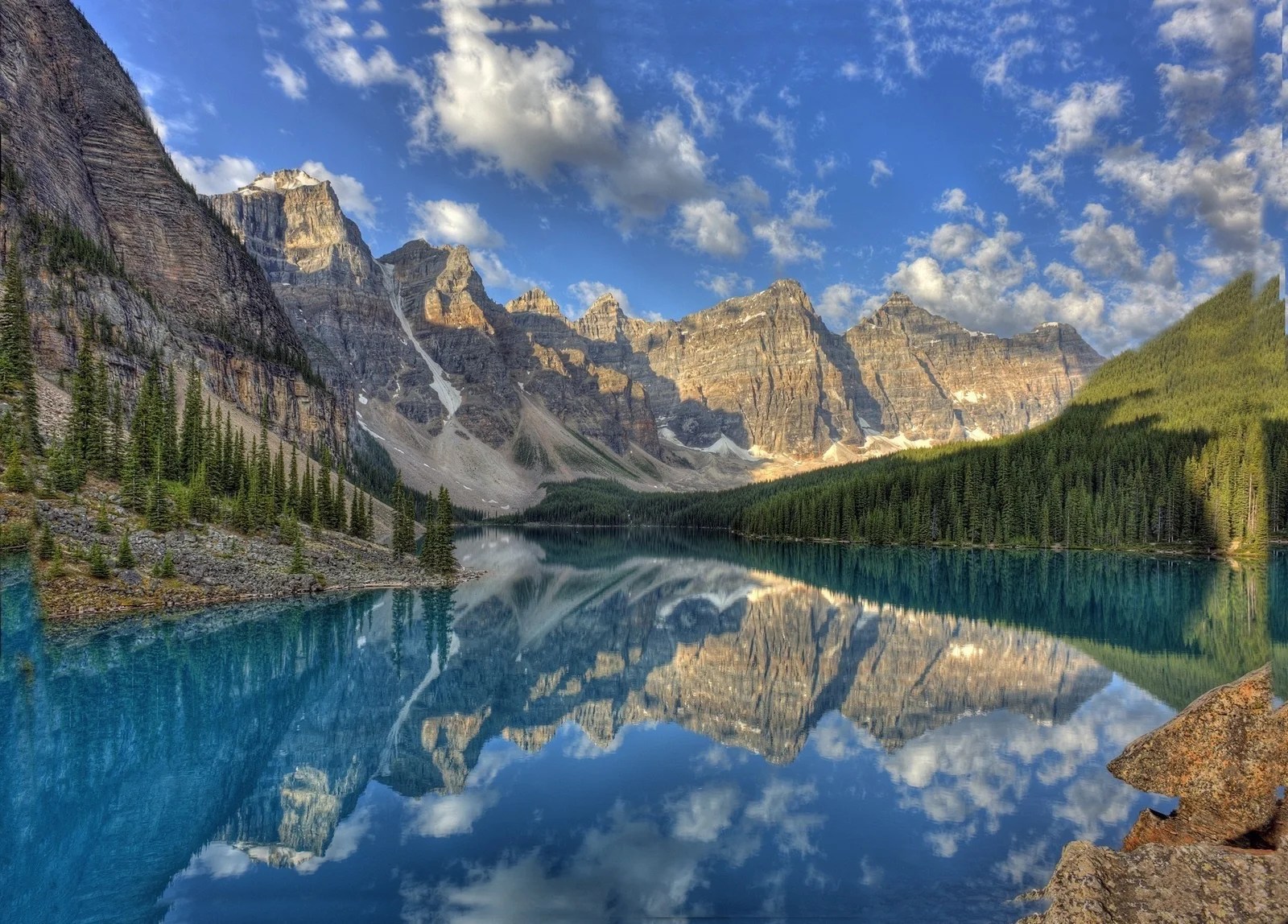Exploring The Mystique Of Mountains?
Mountains have captivated the hearts and minds of humanity for centuries, standing as towering symbols of nature's grandeur and mystery. From their majestic peaks to the serene valleys below, these natural formations evoke a sense of awe and wonder that transcends generations. Whether viewed as daunting obstacles or breathtaking landscapes, mountains hold a unique place in our collective consciousness, inspiring adventure, spirituality, and a connection to the earth. They serve as playgrounds for thrill-seekers, sanctuaries for those seeking solace, and subjects of artistic inspiration for countless creators.
As we delve into the world of mountains, we find that they are not merely geological formations; they are alive with stories, cultures, and ecosystems. Each mountain range tells its own tale, shaped by the forces of nature and human interaction over millennia. The biodiversity found in mountainous regions is incredible, with many species uniquely adapted to these environments. Furthermore, the mountains often serve as the backdrop for historical events, cultural practices, and adventures that have defined human experience.
In this exploration of mountains, we will address some of the most pressing questions surrounding these giants of nature. What makes mountains so significant? How do they influence the climate and weather patterns? What adventures and activities do they offer to those who dare to explore? Join us as we unravel the layers of mystery and beauty that mountains present, uncovering not only their physical characteristics but also their emotional and cultural significance in our lives.
What Are Mountains Made Of?
Mountains are primarily composed of rock and soil, but their formation is a complex process. Here are the main components:
- Igneous Rocks: Formed from cooled magma, these rocks can create mountain ranges like the Andes.
- Metamorphic Rocks: Created under extreme pressure and heat, leading to formations such as the Himalayan range.
- Sedimentary Rocks: Formed through the accumulation of sediments, often found in the foothills.
How Do Mountains Affect Climate?
Mountains play a critical role in shaping local and regional climates. Their elevation and topography can create microclimates, leading to diverse weather patterns:
- Rain Shadow Effect: Mountains can block moisture-laden winds, creating dry areas on the leeward side.
- Temperature Variations: Higher altitudes typically experience cooler temperatures, affecting vegetation and wildlife.
- Weather Patterns: Mountains can influence storm tracks and precipitation distribution.
What Activities Can Be Enjoyed in Mountain Regions?
Mountains offer a plethora of recreational activities, catering to adventurers of all kinds:
- Hiking: Trails ranging from easy walks to challenging climbs.
- Skiing and Snowboarding: Popular winter sports in mountainous regions.
- Rock Climbing: A thrilling pursuit for adrenaline seekers.
- Wildlife Watching: Home to unique species and ecosystems.
What Makes Mountains Sacred?
Mountains have held spiritual significance in many cultures throughout history. They are often viewed as sacred spaces and places of worship:
- Cultural Significance: Mountains are central to various myths, legends, and spiritual beliefs.
- Pilgrimages: Many cultures undertake journeys to sacred mountains as acts of devotion.
- Symbolism: Mountains often symbolize strength, endurance, and a connection to the divine.
Are There Famous Mountains Worth Exploring?
Indeed, numerous mountains around the world are renowned for their beauty, challenges, and cultural significance:
- Mount Everest: The highest peak in the world, attracting climbers from around the globe.
- Denali: Known for its breathtaking views and challenging climbs in Alaska.
- Kilimanjaro: The highest mountain in Africa, famous for its unique ecosystems.
- Rocky Mountains: A vast range in North America known for its stunning landscapes.
What Are the Environmental Challenges Facing Mountains?
Mountains are not immune to the effects of climate change and human activity. Some of the pressing challenges include:
- Glacial Retreat: Many mountain glaciers are receding due to rising temperatures.
- Biodiversity Loss: Habitat destruction and climate change threaten unique species.
- Tourism Impact: Increased visitor numbers can lead to environmental degradation.
How Can We Protect Mountain Ecosystems?
Protecting mountain ecosystems is crucial for maintaining biodiversity and the health of our planet. Here are some strategies:
- Conservation Efforts: Supporting national parks and protected areas.
- Sustainable Tourism: Promoting practices that minimize environmental impact.
- Community Involvement: Engaging local communities in conservation efforts.
What Is the Future of Mountain Exploration?
The future of mountain exploration is likely to be shaped by advancements in technology, environmental awareness, and a growing appreciation for the outdoors:
- Innovative Gear: New equipment enhances safety and performance in challenging terrains.
- Eco-Tourism: A rising trend that focuses on sustainable practices.
- Virtual Experiences: Technology allows for remote exploration and education about mountain ecosystems.
In conclusion, mountains are more than just physical formations; they are integral to our planet's ecology, culture, and history. As we continue to explore their mysteries, it is essential to recognize their significance and work towards their preservation. The allure of mountains remains a powerful force, driving both adventure and reverence for the natural world. As we ponder the question of "mountains?" we are reminded of the endless possibilities they offer, waiting to be discovered and cherished.



ncG1vNJzZmixn6PAtr7IZqWeq6RjsLC5jq2pnqaUnruogY6mpq6mpJa2r7%2BNoaumpA%3D%3D